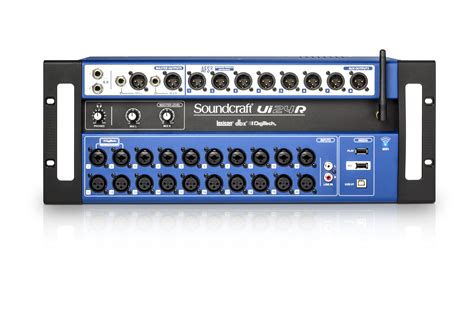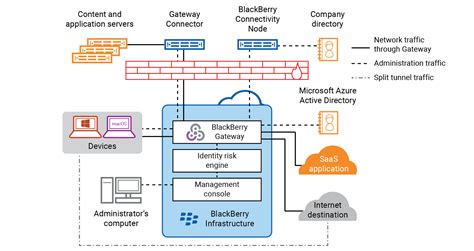Digital Mixer

The digital mixer has revolutionized the way we approach audio mixing, offering a plethora of benefits over its analog counterpart. With the ability to recall settings, automate fader levels, and apply effects with ease, digital mixers have become an indispensable tool for sound engineers and musicians alike. In this article, we will delve into the world of digital mixers, exploring their features, applications, and the impact they have had on the music industry.
Key Points
- Digital mixers offer advanced features such as recallable settings, automation, and effects processing.
- They are widely used in live sound, recording, and post-production applications.
- Digital mixers provide improved flexibility, efficiency, and sound quality compared to analog mixers.
- Popular digital mixer brands include Yamaha, Allen & Heath, and Behringer.
- Digital mixers are available in a range of formats, including compact, rack-mounted, and large-scale consoles.
History and Development of Digital Mixers

The first digital mixers emerged in the 1980s, with the introduction of the Yamaha DMP7 and the Neve 8048. These early digital mixers were large, expensive, and limited in their functionality, but they paved the way for the development of more advanced digital mixing systems. In the 1990s, digital mixers became more widespread, with the introduction of compact, rack-mounted consoles such as the Yamaha 02R and the Allen & Heath GS3000.
Key Features of Digital Mixers
Digital mixers offer a range of features that have made them an essential tool for sound engineers and musicians. Some of the key features of digital mixers include:
- Recallable settings: Digital mixers allow users to save and recall settings, making it easy to reproduce complex mixes.
- Automation: Digital mixers enable users to automate fader levels, mute groups, and other functions, allowing for precise control over the mix.
- Effects processing: Digital mixers often include built-in effects processors, such as reverb, delay, and compression, which can be used to enhance the sound quality of individual channels or the overall mix.
- Networking capabilities: Many digital mixers offer networking capabilities, allowing users to connect multiple consoles, control surfaces, and other devices.
| Feature | Description |
|---|---|
| Recallable settings | Save and recall complex mixes with ease |
| Automation | Automate fader levels, mute groups, and other functions |
| Effects processing | Enhance sound quality with built-in effects processors |
| Networking capabilities | Connect multiple consoles, control surfaces, and other devices |

Applications of Digital Mixers

Digital mixers are widely used in a range of applications, including live sound, recording, and post-production. In live sound, digital mixers are used to mix and process audio signals from microphones, instruments, and other sources. In recording, digital mixers are used to mix and process audio signals from multiple tracks, allowing for greater control over the final mix. In post-production, digital mixers are used to mix and process audio signals for film, television, and other media applications.
Live Sound Applications
In live sound, digital mixers are used to mix and process audio signals from microphones, instruments, and other sources. They are often used in conjunction with digital snakes, which allow for the transmission of audio signals over long distances without the need for analog cables. Digital mixers are also used in live sound applications to provide real-time monitoring and mixing capabilities, allowing sound engineers to make adjustments to the mix on the fly.
Recording Applications
In recording, digital mixers are used to mix and process audio signals from multiple tracks. They are often used in conjunction with digital audio workstations (DAWs), which allow for the recording, editing, and mixing of audio signals. Digital mixers are also used in recording applications to provide real-time monitoring and mixing capabilities, allowing engineers to make adjustments to the mix as they work.
What is the main advantage of using a digital mixer?
+The main advantage of using a digital mixer is its ability to recall settings, automate fader levels, and apply effects with ease, making it possible to achieve high-quality mixes with greater efficiency and precision.
What are some common applications of digital mixers?
+Digital mixers are widely used in live sound, recording, and post-production applications, including concerts, festivals, and studio recordings.
What are some popular digital mixer brands?
+Popular digital mixer brands include Yamaha, Allen & Heath, and Behringer.
In conclusion, digital mixers have revolutionized the way we approach audio mixing, offering a range of features and benefits that have made them an essential tool for sound engineers and musicians alike. With their ability to recall settings, automate fader levels, and apply effects with ease, digital mixers have made it possible to achieve high-quality mixes with greater efficiency and precision. Whether used in live sound, recording, or post-production applications, digital mixers are an indispensable tool for anyone looking to produce high-quality audio.



